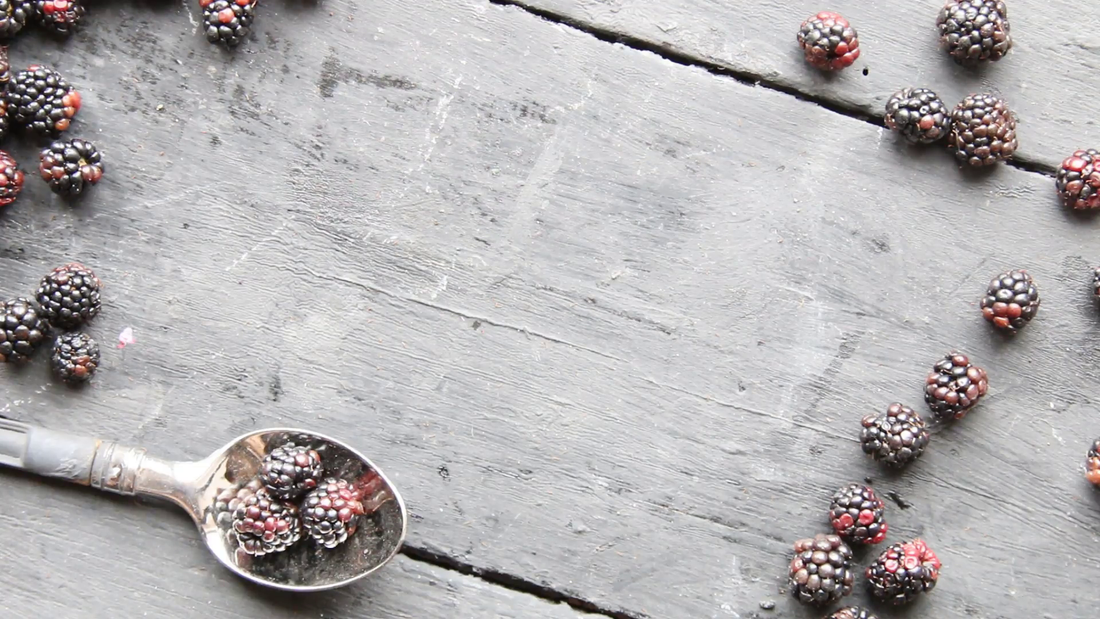
Deceptive Foods Deemed Healthy
A better alternative? Raw milk is milk that hasn't been pasteurized. Why raw milk?
Supporters of raw milk say the pasteurization process kills most, if not all, micromilk organisms, including the beneficial ones that aid in digestion and metabolization. They also promote good health by crowding out bad bacteria and help prevent yeast overgrowth in the intestinal tract.
The Campaign for real milk says that raw milk comes from cows that are properly fed. Cows that eat green grass provide milk with nutrients like vitamins A and D. They argue that pasteurization enables the milk industry to raise cows in less-expensive, less-healthy conditions. They also say that pasteurization destroys enzymes and diminishes vitamin content. Pasteurization, says the group, is associated with allergies, increased tooth decay, colic in infants, growth problems, osteoporosis, arthritis, heart disease and cancer.
Many calves fed pasteurized milk die before maturity. Raw milk will sour naturally due to the bacterial production of lactic acid and still be healthy, while pasteurized milk, which lacks the essential bacteria, will putrefy.
2. Fruit Juice and Sodas
Fruit juice may be delicious, but it's often loaded with even more high-fructose corn syrup than actual juice! High fructose corn syrup has been linked to increased cholesterol levels, blood clots, and impaired immunity. Sodas are no better as we all are well aware.
Fructose reduces the affinity of insulin for its receptor, which is the hallmark of type-2 diabetes. This is the first step for glucose to enter a cell and be metabolized. As a result, the body needs to pump out more insulin to handle the same amount of glucose.
The annual "Liver Meeting" of the American Association for the Study of Liver Diseases which took place October in Boston reported results linking high intake of sugar (specifically fructose) to liver disease.
3. Whole Grains
Many foods from bread to breakfast cereals advertise that they are now made with whole grains. Despite earlier reports discounting fiber's role in colorectal cancer prevention, two recent studies say fiber from fruits, vegetables, and grains may indeed slice the odds of getting the disease. One study, surveying more than half a million people, found a 25 to 40 percent risk reduction from 30 grams of fiber daily (five to seven servings of fruits and vegetables). Fiber in food may be the key, since those earlier studies focused on fiber supplements.
If you have digestive problems or suffer some of the classic autoimmune reactions (e.g. allergies) consider the possibilities that grains may be problematical. Look at your family members and your family history for clues about dietary problems. Adjust the ratio of cereal grains to meat, vegetables, and fruits and see if the adjustment has physiological and psychological effects. In my opinion one should supplement with vitamins, minerals, protein, and free fatty acids. Above all, eat a varied diet and not too much of one thing.
Conventional whole grains lack vitamins and minerals, can be difficult to digest, and often cause allergenic responses, contributing to autoimmune disorders like Celiac disease.
A better alternative? Grain-like seeds millet, quinoa, buckwheat, and amaranth are gluten free, do not feed candida act as prebiotics, have a calming effect and are full of vitamins and minerals.
4. Cereal
Cold cereal seems like a convenient and healthy meal, but combined with pasteurized milk, it can be a bowl full of nutritionally damaging food. Cereal itself undergoes a process called extrusion that denatures its proteins (making them toxic) and destroys the grains' naturally occurring fatty acids. The result is a nutritionally void carrier for sugar and sodium.
For more on cereal and healthy alternatives, read: The Four Major Health Risks of Conventional Grains and the Healthy Weight-Optimizing Grains to Choose Instead.
A better alternative? Make your morning meal green! Try Vitality SuperGreen or a Good Morning Greens Smoothie to start your day off right.
5. Processed Cheese
Processed cheeses, especially individually wrapped slices, have little nutritional value. They are pasteurized and often have fillers and preservatives.
A better alternative? Make Young Coconut Kefir cheese or on stage two of the Body Ecology diet, once your gut is populated with dairy-loving microflora, try cheeses made from fermented raw milk to flavor your salads.
6. Protein Bars
Protein bars now compete with candy bars in convenience stores and grocery aisles, but these quick snacks are not necessarily healthy. Many protein bars use soy protein and count sugars in their top 3 ingredients! Instead of offering you a healthy option, they actually contribute to fungal infections.
A better alternative? Soaked almonds and other nuts are easy and delicious snacks for those on the go! Or try RenewPro for an energizing, gut-healing source of protein. You can mix it in water or even eat a scoop between meals. Youíll love the delicious taste of this truly healthy source of protein.
7. Soy products
Soy products, including soy milk and soy protein have been linked to digestive distress, immune system breakdown, PMS, endometriosis, reproductive problems for men and women, allergies, ADD, higher risk of heart disease and cancer, malnutrition and loss of libido.
Soy milk has some negative aspects which are as follows :
-It contains a lot of phytic acid
-It contains hemagglutinin which causes the red blood cells to clump together. However, it is believed to be harmless unless soy milk is taken intravenously
-The genetic modification involved in the process of preparing soy milk may cause lysinoalanine or even nitrosamines
-It contains aluminum
-It contains trypsin inhibitors
A better alternative? Fermented soy products like miso soup, natto and tempeh.